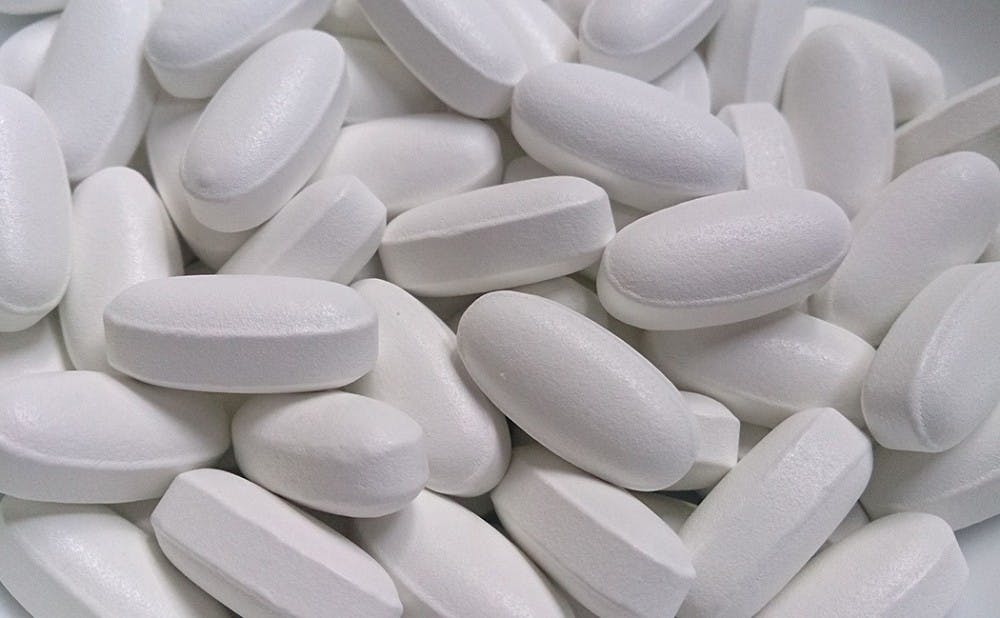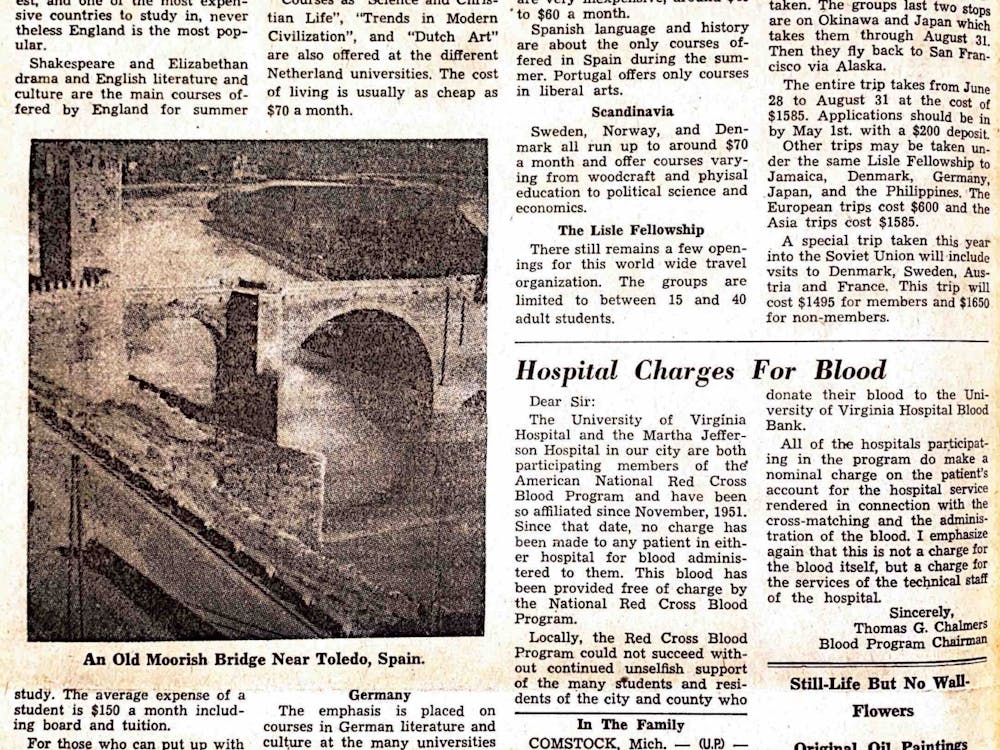Virginia State Health Commissioner Marissa Levine declared the state’s opioid addiction crisis to be a Public Health Emergency Nov. 21.
By the end of the year, the number of deaths caused by opioid overdose is expected to increase by 77 percent compared to five years ago, according to a Virginia Department of Health statement.
This increase applies to users of all ages, especially college-aged young adults.
“It’s affecting the entire state, as well as the entire age demographic,” VDH Chief Deputy Commissioner Dr. Hughes Melton said. “It’s worsening in all categories. We have seen some steeper uptick in the 19- to 25-year-old age range.”
From July 2015 to June 2016, the Charlottesville-Albemarle area had a rate of 0.1-3.0 fatal prescription opioid overdoses per 100,000 residents, but some areas of the state — especially southwestern Virginia — had a rate up to 49.6 prescription opioid overdose deaths per 100,000 residents.
Public Policy and Economics Prof. Christopher Ruhm, who is currently researching how to more accurately quantify drug overdose deaths, said such statistics for fatal opioid overdose are likely an underestimate.
“In a lot of cases, there will be a death that’s classified as being due to a drug poisoning, but the drugs involved are not specified,” Ruhm said. “So it’s unclear whether it’s opioids or heroin or psychotropic medicines or so forth.”
Because the VDH’s emergency declaration does not have the force of law, the department plans to spread awareness about the severity of the crisis and spur community intervention.
Levine also issued a statewide standing order for Naloxone, a drug administered in response to opioid overdose, which allows anyone to buy Naloxone at a participating pharmacy without a prescription.
“This declaration is an effort to raise continued awareness among all Virginians about this worsening problem and emphasize that we must treat it as a public health issue as we have done for other health emergencies,” Levine said in a statement. “Our law enforcement partners have repeatedly claimed that we cannot arrest our way out of this problem.”
A major goal of the declaration, Melton said, is to combat the stigma around the disease of addiction.
“There’s a lot of new science out now that shows [addiction is] a chronic brain disease not that dissimilar to depression,” Melton said. “The stigma gets in the way of people seeking treatment, it gets in the way of decision-makers making the right policy decisions on how to combat the problem and we believe that the most recent science around the disease of addiction helps to dispel some of the myths that addiction is a choice.”
The Surgeon General’s Report on Alcohol, Drugs, and Health — which Melton said complemented the VDH’s declaration — said chemical changes in the brain in response to drug abuse make it increasingly difficult to quit once addicted.
“Healthy adults are usually able to control their impulses when necessary, because these impulses are balanced by the judgment and decision-making circuits of the prefrontal cortex,” the report read. “Unfortunately, these prefrontal circuits are also disrupted in substance use disorders. The result is a reduced ability to control the powerful impulses toward alcohol or drug use despite awareness that stopping is in the person’s best long-term interest.”
In addition to the human costs of drug addiction, an estimated $193 billion is spent each year in response to illicit drug use and related disorders, according to the Surgeon General’s report.
The best way to fight the opioid epidemic is to know the symptoms of opioid abuse and where to seek help for addiction within the community, Melton said.
“Many of us know the signs of other common diseases, such as asthma,” he said. “Just like those other common diseases that the public has a basic understanding of what to look for — to see, to recognize the disease — people need to learn the same thing about addiction.”
The governor’s office said it encourages people to speak openly with family members about addiction and to properly dispose of unused medications by obtaining a drug disposal bag from a local health department.





